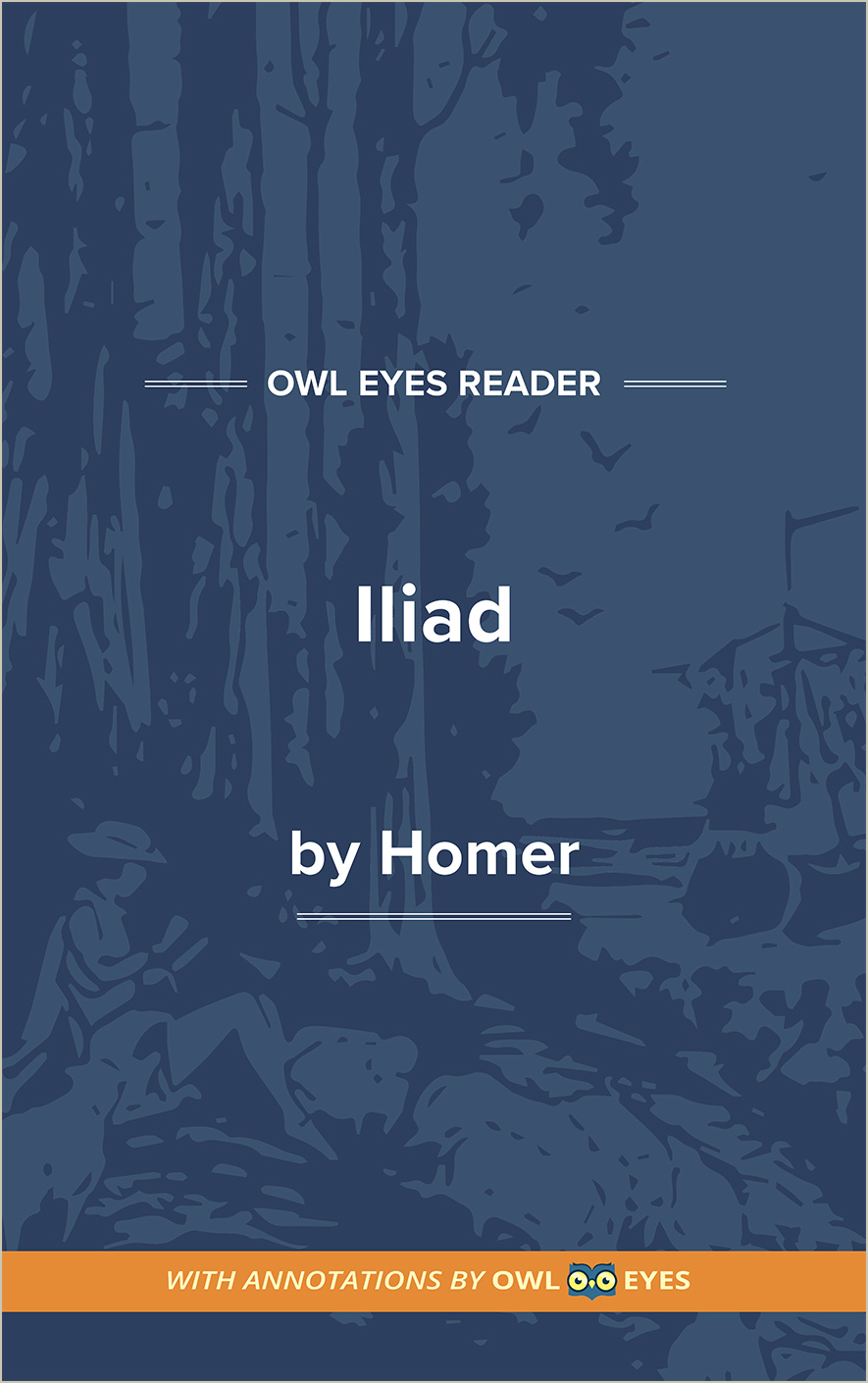Analysis Pages
Facts in Iliad
Facts Examples in Iliad:
Book I
🔒"god of the silver bow..." See in text (Book I)
"Argives..." See in text (Book I)
"Priam..." See in text (Book I)
"Olympus..." See in text (Book I)
"Trojans..." See in text (Book I)
Book II
🔒"Xanthus..." See in text (Book II)
" Hellespont...." See in text (Book II)
"dread Orcus and of the river Styx..." See in text (Book II)
"Dardanian..." See in text (Book II)
"Helen..." See in text (Book II)
Book III
🔒"Alexandrus..." See in text (Book III)
Book IV
🔒"phalanxes..." See in text (Book IV)
Book V
🔒"the star that shines most brilliantly in summer..." See in text (Book V)
Book VI
🔒"cubits..." See in text (Book VI)
"temple of Minerva in the acropolis..." See in text (Book VI)
Book VIII
🔒"tripod..." See in text (Book VIII)
Book X
🔒"a leathern helmet that was lined with a strong plaiting of leathern thongs, while on the outside it was thickly studded with boar's teeth..." See in text (Book X)
Book XVIII
🔒"two talents..." See in text (Book XVIII)
"the Linus-song..." See in text (Book XVIII)
"the Pleiads, the Hyads, huge Orion, and the Bear..." See in text (Book XVIII)
Book XXII
🔒"whom the Trojans name Astyanax..." See in text (Book XXII)
Book XXIII
🔒"Morning Star..." See in text (Book XXIII)

